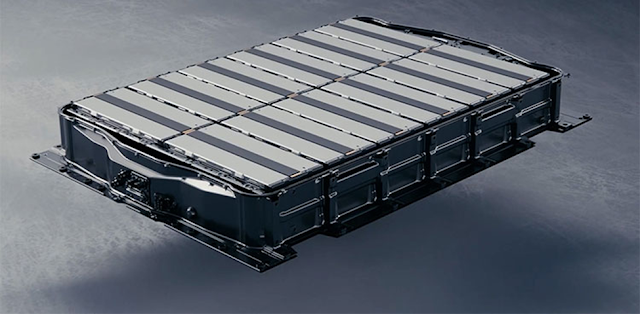Dead batteries
turn to gold
In a lesser-known provision of the US
Inflation Reduction Act, companies are racing to recycle electric vehicle (EV)
batteries in North America, setting the stage for a global competition to
challenge China's current dominance in this field.
The act contains a clause that grants
American-made status for EV battery materials recycled in the US, regardless of
their origin. This qualification enables automakers using these materials to
access incentives for EV production, leading to a surge in US factory construction
and driving research into more recyclable battery solutions. The implications
of this clause could even impact the purchase of used EVs in developing
countries.
China currently controls nearly all global EV
battery recycling, and the market is projected to grow from $11 billion in 2022
to $18 billion by 2028. The minerals found in these batteries, such as lithium,
cobalt, and nickel, are highly valuable, with an average worth of 1,000 to
2,000 euros per car, according to BMW's sustainability chief.
Recycling EV batteries is vital, considering
the expected increase in EV production, and with these materials being
infinitely recyclable without losing their power, they are an invaluable
resource. The IRA's treatment of recycled battery materials as "locally
urban mined" has spurred US companies to take faster action in recycling
efforts compared to their European counterparts.
As a result, the US has a head start in
building "closed-loop supply chains," where recycled minerals feed
directly into locally produced new batteries, reducing reliance on Chinese
resources. This move is not without its challenges, as China still maintains a
leading position in the EV battery recycling race, with recent announcements of
tougher standards and increased research support for recyclers.
Globally, the EV recycling industry is growing
rapidly, with numerous companies attracting substantial investment from
corporate giants, totaling at least $2.7 billion. Experts predict that by 2030,
the volume of EV batteries available for recycling will grow over tenfold.
While the US is leading the way in recycling,
Europe lags behind, currently shredding EV batteries into "black
mass" that is sent to China for recycling. However, the EU plans to
mandate minimum amounts of recycled battery materials in new EVs within eight
years, incentivizing local recycling efforts.
As the competition intensifies, industry
players aim to achieve the highest yields at the lowest costs, with better
recycling processes and improved recovery rates. The focus is on preventing
valuable EV batteries from leaving Europe for developing countries, where they
become a cheaper transportation source.
In this race to recycle, the US is turning
dead batteries into gold, transforming the EV landscape and paving the way for
a more sustainable and responsible future for the electric vehicle industry.





Don't span here